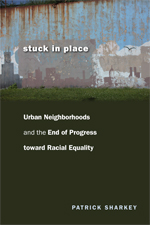Main menu
-
Our Field
Learn how community development organizations help create places of opportunity where ALL people live with dignity while participating in and benefiting from our Commonwealth's economy.

-
Advocacy
MACDC advocates on behalf of our members and the communities they serve to create the public and private sector policies that will promote community development throughout Massachusetts.

-
Programs & Services
MACDC’s programs and services are designed to support our members in specific areas of community development and to strengthen the effectiveness of the broader community development system.

-
CITC
The Community Investment Tax Credit provides a 50% state refundable tax credit for donations to selected Community Development Corporations in Massachusetts.

-
Online Resources
MACDC provides a variety of online resources from job listings at member organizations to community development reports and research. This information is updated frequently.

- News





